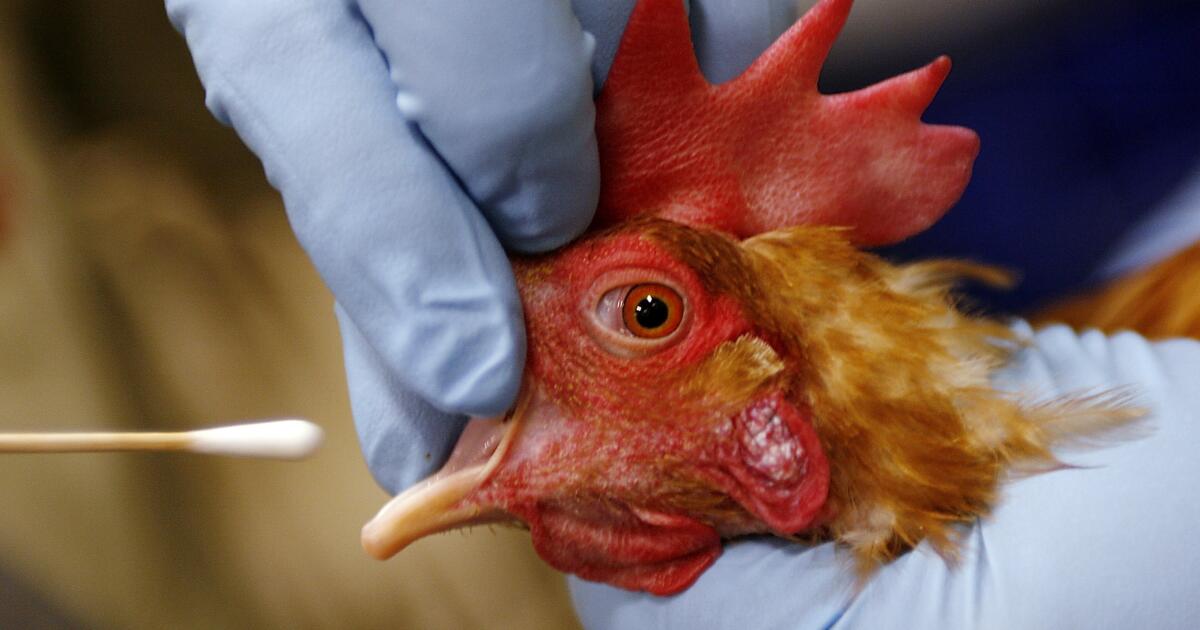MOSCOW (Reuters) -A Russian court on Tuesday extended by three months the pre-trial detention of Evan Gershkovich, a Wall Street Journal reporter arrested almost a year ago on suspicion of espionage while on a reporting trip in the city of Yekaterinburg.
Gershkovich, 32, became the first U.S. journalist arrested on spying charges in Russia since the Cold War when he was detained by the Federal Security Service (FSB) on March 29.
The reporter, the Journal and the U.S. government all deny he is a spy.
The hearing was closed to the media but the Moscow court service published photographs and a brief video showing Gershkovich standing in a glass box in court. He appeared relaxed and was smiling in some of the pictures.
U.S. Ambassador Lynne Tracy demanded that Russia free him and said the Kremlin was using him and other American citizens as pawns.
“This verdict to further prolong Evan’s detention feels particularly painful, as this week marks one year since Evan was arrested and wrongfully detained in Yekaterinburg simply for doing his job as a journalist,” Tracy said.
The FSB, the main successor to the Soviet-era KGB, said Gershkovich had been trying to obtain military secrets. He has now spent almost a year at Moscow’s high-security Lefortovo prison, which is closely associated with the FSB, and his detention has been extended to June 30.
Western diplomats say Russia aims to build up a store of arrested U.S. citizens who could be swapped for Russians detained in the West.
Among the detained Americans is Paul Whelan, an ex-Marine arrested in Moscow in 2018 and sentenced to 16 years in prison on spying charges in 2020.
“Evan’s case is not about evidence, due process, or rule of law. It is about using American citizens as pawns to achieve political ends, as the Kremlin is also doing in the case of Paul Whelan,” Tracy said.
Both Gershkovich and Whelan have been designated by the U.S. State Department as “wrongfully detained”, meaning that Washington considers the charges against them bogus and is committed to working for their release.
PRISONER EXCHANGE?
President Vladimir Putin has said Gershkovich could be released at some point in exchange for a Russian prisoner held abroad, but no such deal has so far materialised.
Putin said on March 17 that he had approved the idea of exchanging Russian opposition politician Alexei Navalny shortly before his death in a Siberian prison colony on Feb. 16.
Gershkovich was part of the negotiation that would have included Navalny, according to two sources who spoke to Reuters on condition of anonymity.
His arrest shocked many Western news organisations and there are now hardly any U.S. reporters in Russia.
Most Western countries advise against going to Russia, which Washington rates as “Do not travel” – on a par with Afghanistan, Syria and Iran.
The war in Ukraine has further deepened a crisis in Russia’s relations with the West, and the Kremlin accuses the U.S. of fighting against Russia by supporting Ukraine with weapons, intelligence and money.
(Reporting by Reuters; writing by Mark Trevelyan in London and Guy Faulconbridge in Moscow; editing by Nick Macfie, Kevin Liffey and Mark Heinrich)
